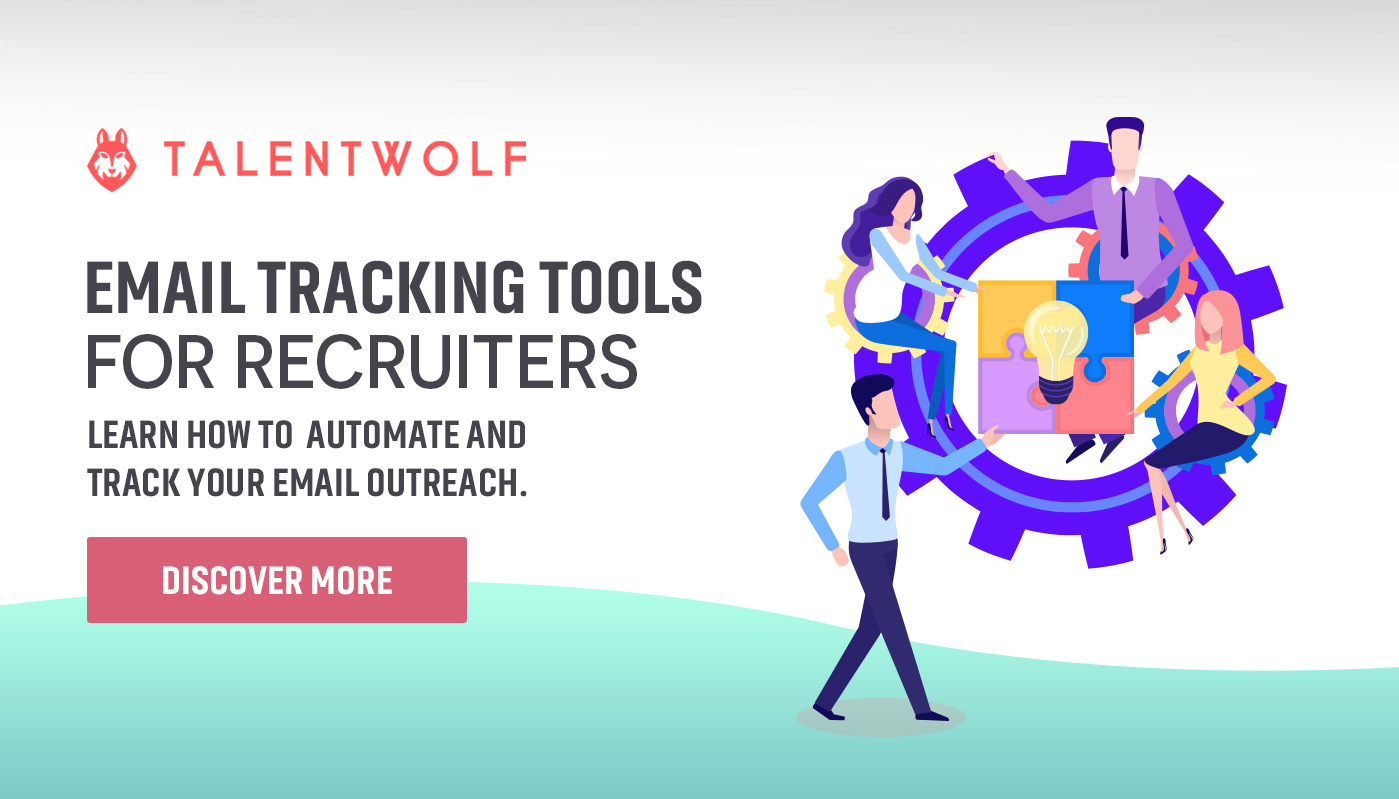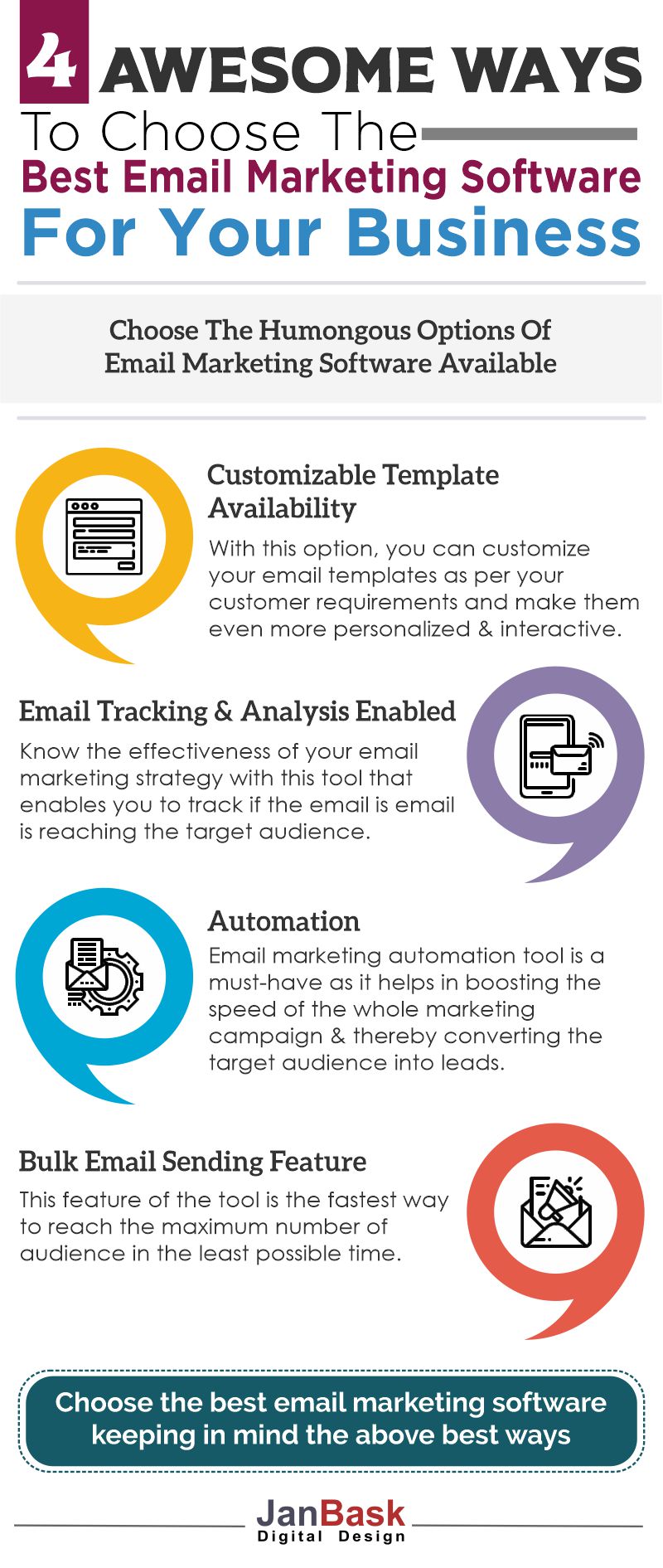
Small Business Administration offers advice on how to get started with breakeven analysis, including an online calculator. Startups use this metric and its supporting models daily to test the effects of bundling, subscription and maintenance pricing for their enterprise cloud apps. It’s most often used as part of pricing projections and modeling to see the effects of price increases and decreases on gross contribution margins. Break-even analysis: Startups rely on break-even analysis to stay on top of how much revenue they need to generate to stay on top of fixed and variable costs.The following are the top 20 most popular metrics with startup CEOs, especially those in enterprise software: Most popular finance and cash flow metrics Investors look for recurring revenue streams from products first, and consider services a one-time event. Startups say that it’s best to have bookings reported for products and services from the start. Billings can sustain a software-as-a-service (SaaS) startup for several quarters, reflected in stable revenue levels and slight growth.
The best email tracking software software#
Early-stage investors consider billings a more reliable indicator of a software startup’s health versus revenue alone. Bookings accuracy is crucial for attracting future investment.Next, prioritize metrics in marketing and sales. Instead, startup CEOs say the best approach is to get the basic cash flow and revenue generation metrics right first. Startup CEOs warn that it’s easy to allow an analysis-paralysis to set in as startup teams brainstorm on all the possible metrics and key performance indicators (KPIs) they could use to run their business. Resist the urge to get all metrics live immediately.Startup CEOs emphasize the need to know cash flows, cash burn as a percentage of revenue, gross contribution margin, operating profit and as the business matures, customer acquisition cost (CAC) and customer lifetime value (CLTV). Getting key financial metrics right early pays.Here’s her advice to startup CEOs on where to get started: Founders remark that the effort is worth it because real-time data brings greater visibility, control and accountability across their businesses.Ī startup’s founder concentrating on cloud-based digital asset management software says real-time data made the difference in signing one of their first larger prospects.

However, recruiting team members with advanced analytics expertise are challenging to get the most out of their real-time data.

Today, most of the startups interviewed have real-time data capture available from their finance, accounting, devops, sales and marketing systems. Data-driven startups have a head start on growthĬEOs and founders say staying data-driven is just as challenging as keeping their prototypes, platforms and new apps on schedule.


 0 kommentar(er)
0 kommentar(er)
